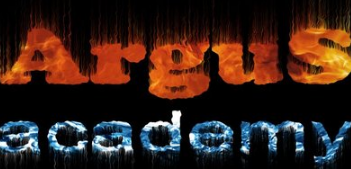SQL is a language to operate databases; it includes database creation, deletion, fetching rows, modifying rows, etc. SQL is Structured Query Language, which is a computer language for storing, manipulating and retrieving data stored in a relational database.

SQL is a language to operate databases; it includes database creation, deletion, fetching rows, modifying rows, etc. SQL is Structured Query Language, which is a computer language for storing, manipulating and retrieving data stored in a relational database.
SQL is the standard language for Relational Database System. All the Relational Database Management Systems (RDMS) like MySQL, MS Access, Oracle, Sybase, Informix, Postgres and SQL Server use SQL as their standard database language.
SQL offers the following advantages: Allows users to access data in the relational database management systems. Allows users to describe the data. Allows users to define the data in a database and manipulate that data.
Allows to embed within other languages using SQL modules, libraries & pre-compilers. Allows users to create and drop databases and tables. Allows users to create view, stored procedure, functions in a database. Allows users to set permissions on tables, procedures and views.
Content:
Concepts of RDBMS; Data Model; E-R Diagram; Normalization; Data Integrity Tools & Indexes; Tables, Data Types and Joins; Views; Sequence; Trigger; Administration; Queries; Sub-Queries, Aggregate Functions & Summarise Data; Data Base Object; Database trigger Member Function.
Courses offered:
Student Tasks:
© 2025 coursetakers.com All Rights Reserved. Terms and Conditions of use | Privacy Policy